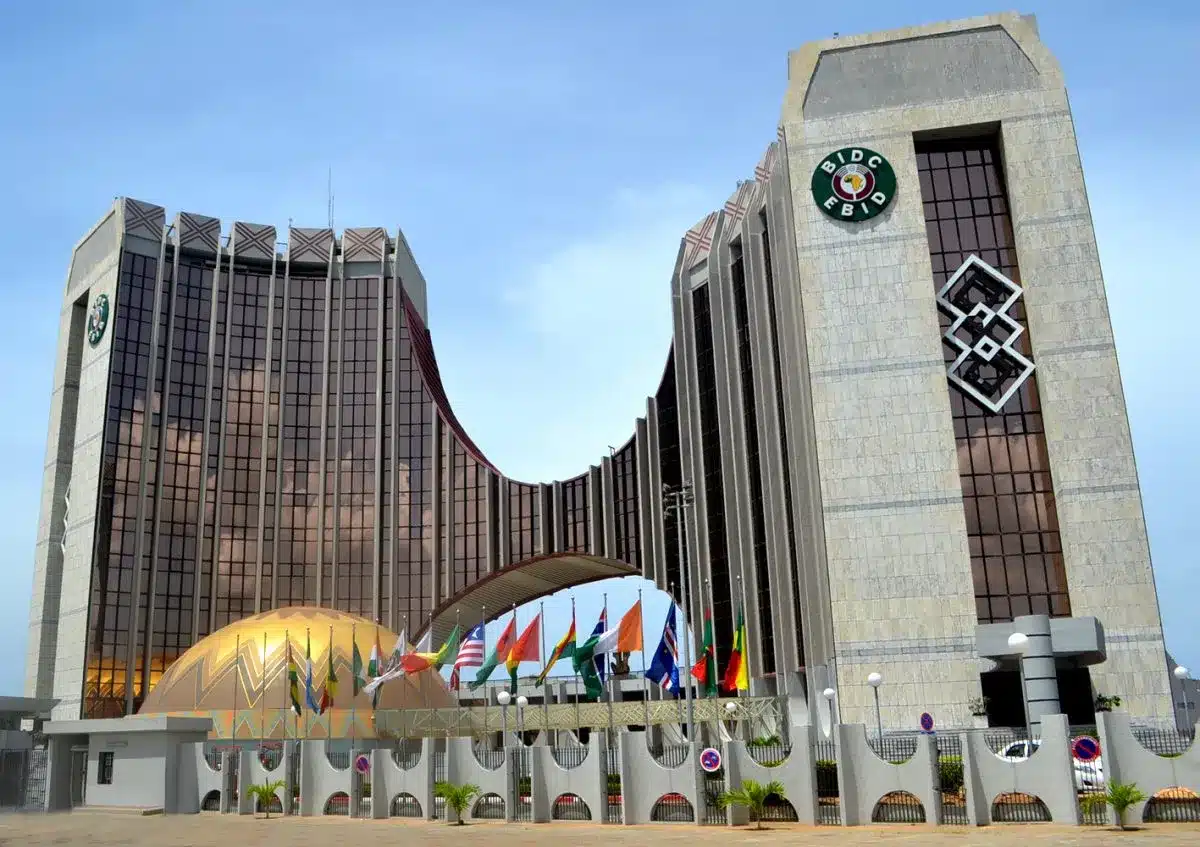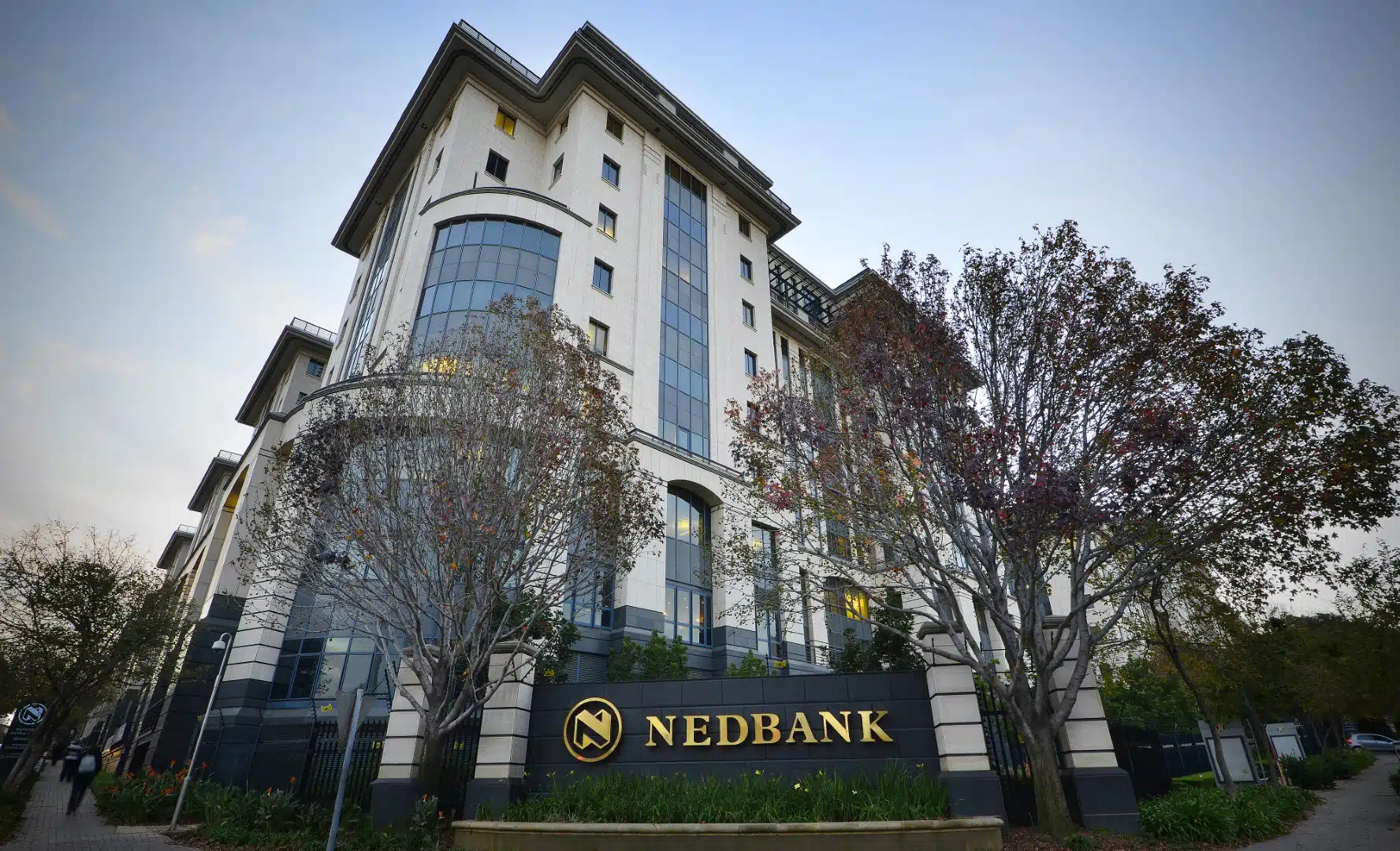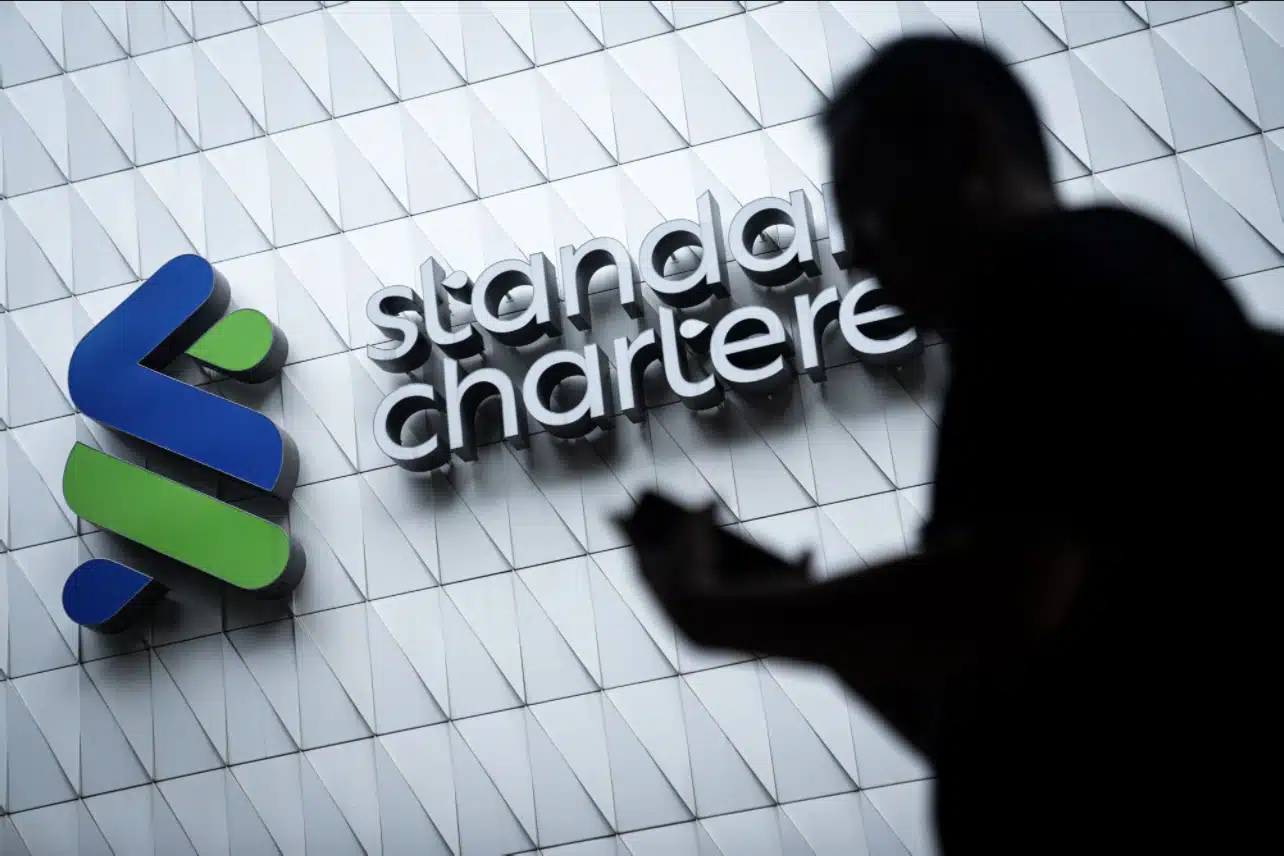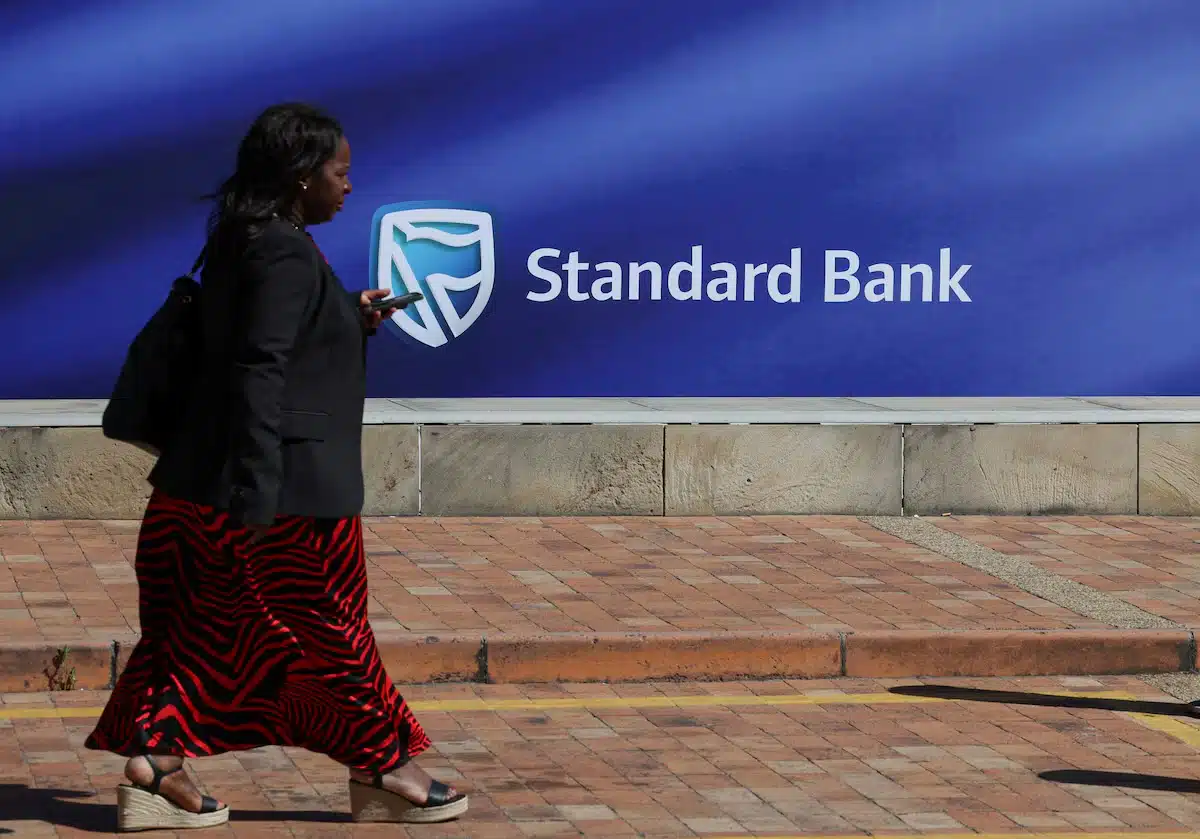Nigeria, the largest contributor to the ECOWAS Bank for Investment and Development (EBID), is poised to inject a fresh $100 million into the regional development bank.
The announcement, made at the First Ordinary Session of the ECOWAS Parliament on Thursday in Abuja, signals a continued commitment to regional economic integration and infrastructure-led growth.
The disclosure came from Dr. George Donkor, President of EBID, via MacDonald Goanue, the Bank’s Director of Research and Strategic Planning, during an interactive session with ECOWAS parliamentarians and institutional heads.
EBID’s expanding development footprint
EBID has evolved into an important institution for financing regional integration and development, with growing influence across West Africa.
Its investment portfolio spans infrastructure, health, energy, digital transformation, and agriculture, aligned with the region’s long-term development goals.
While speaking, Dr. Donkor highlighted several flagship projects funded by the bank:
- Cross-border electricity integration:
The 225/150 kV Ferke (Côte d’Ivoire) – Sikasso – Ségou (Mali) Interconnection Project was commissioned in 2013, facilitating the export of low-cost electricity trade from Côte d’Ivoire to Mali, bolstering the West African Power Pool’s (WAPP) vision of a unified electricity market.
- Rural electrification in Benin
EBID allocated $21 million for the solar electrification of 750 community facilities. This includes 336 health centres, 184 security posts, and 230 educational institutions across 11 of Benin’s 12 departments, addressing the country’s high electricity access deficit.
- Strategic Transport in Senegal:
EBID is funding a bridge project linking Blaise Diagne International Airport (AIBD) to the Train Express Régional (TER) terminal, supporting Senegal’s national goal of integrated and efficient air transport infrastructure.
- Support for MSMEs and PPPs:
The Bank continues to provide financing for medium, small, and micro enterprises (MSMEs) and backs public-private partnerships in the agro-processing and manufacturing sectors.
According to Donkor, loan disbursement by EBID rose from 56 projects in 2023 to 77 in 2024, with a current disbursement rate of 20. This reflects a strong commitment to regional development despite challenging economic conditions.
Behind EBID’s capital structure
EBID serves as ECOWAS’s financial arm. Since its inception on January 1, 2004, its capital has been structured as follows: 70% is reserved for ECOWAS Member States, and 30% is open to non-regional members such as international institutions.
For decade-long, Nigeria has held above 30% of the 70% share capital. As of December 31, 2023, EBID’s Authorised Capital stood at $3.50 billion, with Nigeria holding 31.24% of the capital allocated to member states, cementing its position as the Bank’s largest shareholder.
Nigeria is the biggest contributor to EBID. It is currently in the process of paying another $100 million to the bank, Goanue said, reaffirming the Country’s leading stake at 33%, followed by Ghana and Côte d’Ivoire.
Nigeria’s strategic leverage
Nigeria’s deepening financial stake is translating into growing influence. It can help steer project priorities, shape cross-border funding decisions, and influence which countries receive preferential development financing.
In April 2025, EBID approved a combined $322 million financing package to stimulate socioeconomic growth across West Africa. While Country by Country allocation was not fully disclosed, a notable portion – most prominently, a $180 million credit line to Mota-Engil Nigeria for the Kano-Maradi railway and a $50 million credit granted to Sterling Bank LTD.
“We have done business with commercial banks and so on, so we do a lot in Nigeria,” said Dr Donkor, EBID President, hinting at the Country’s central role at EBID.
This development is likely not coincidental. “We have done business with commercial banks and so on, so we do a lot in Nigeria,” Donkor added
Why this matters
For investors eyeing West African infrastructure, logistics, energy, or SME lending, this capital boost to EBID expands the financing ecosystem.
Nigeria’s renewed funding commitment sends a strong message to development financiers and private investors: the region is open for business, and the risks are being de-risked through strong multilateral support.
With contributions from international partners – including a $1 billion facility from the Indian government – EBID’s capital structure offers a unique blend of sovereign backing and cross-border investment potential.
Exchange rate used: €1 = $1.14 (as of May 26, 2025)











